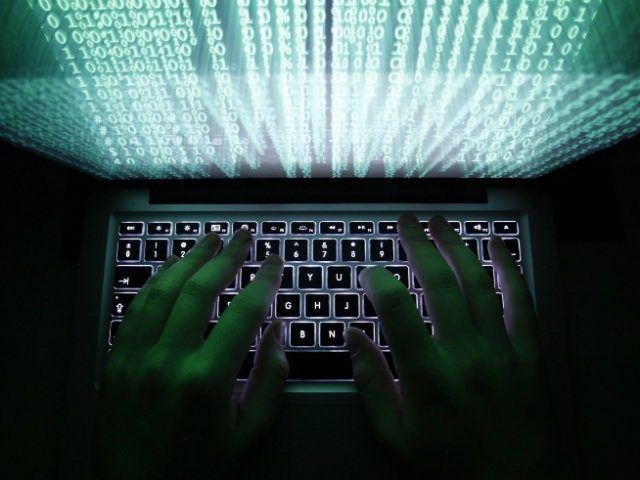BRUSSELS (AFP) – EU security commissioner Julian King says Europe faces a growing threat of cyber attacks from criminals and those plotting to destabilise the 28-nation bloc politically.
In an interview with AFP, King urged the European Union to shore up its defences in the face of a mounting danger.
He gave the example of the European Commission, the EU’s powerful executive, which was hit by a 20-percent surge in cyber-attacks last year.
“Cybercrime cost the European economy nearly 60 billion euros ($64 billion) in 2016” and the bill will continue to rise, King said ahead of a cyber security conference in the northern French city of Lille on Tuesday.
“An increasing number of hackers use cyber space to spread doubt about our political systems,” he said.
“The people who are trying to do that, with criminal or other objectives, would like to work in the dark,” the European commissioner and former British ambassador to Paris said.
“So the first thing we can do is to shine a light to what is going on in order for people to realise what is going on,” said King, who will likely be Britain’s last top EU official as the country prepares for Brexit.
US spy chiefs have pointed to suspected Russian hacking in the American presidential election and say the Chinese government runs cyber espionage against the US government, allies and corporations.
Experts in Europe have also warned of the risk of interference in upcoming French and German polls.
Bolstering European “resilience” to cyber-threats requires a response from all players, King said.
Private citizens, he said, must follow bank security guidelines, while the public and business sector must ensure the security of their networks and member states reinforce cooperation.
-‘Ransom on line’-
The EU Commission “has just launched a new public-private partnership which we hope will generate 1.8 billion euros ($1.9 billion) in investment in research” in cybersecurity, he said.
King highlighted for example initiatives involving the private sector and Europol, the EU police agency, to fight “ransom on-line,” where criminals demand money from individuals or firms to unblock computers they have hacked.
“There is a whole range of software. We can provide the tools to unblock them without the user being forced to pay. More than 2,500 computers were decrypted this way for free in Europe last year,” he said.
He said the Commission itself experienced a 20-percent increase in cyber attacks last year.
“We are targeted and sometimes they are rather serious attacks,” he said without elaborating on the nature of the incidents or any damage they caused.
“Our efforts are more effective if we avoid giving all the details,” he said.
– More biometric information-
In his other work in fighting terrorism, King admitted that sharing information among member states “runs up against issues of internal organisation or different traditions among member states,” but he said the mindset is changing.
He said there are plans to improve the exchange of information that allow EU states to identify suspects.
The EU this week wants to make progress in managing the information so that police officers, border guards and others can consult on one data base all the files they have access to.
The EU will also work on setting up a “unified system” for managing biometric and other information.
“In recent attacks, including the one in Berlin, we see that the suspects used aliases,” King said.
“With biometric information, we have the possibility of bolstering our defences against these abuses,” he said.

COMMENTS
Please let us know if you're having issues with commenting.